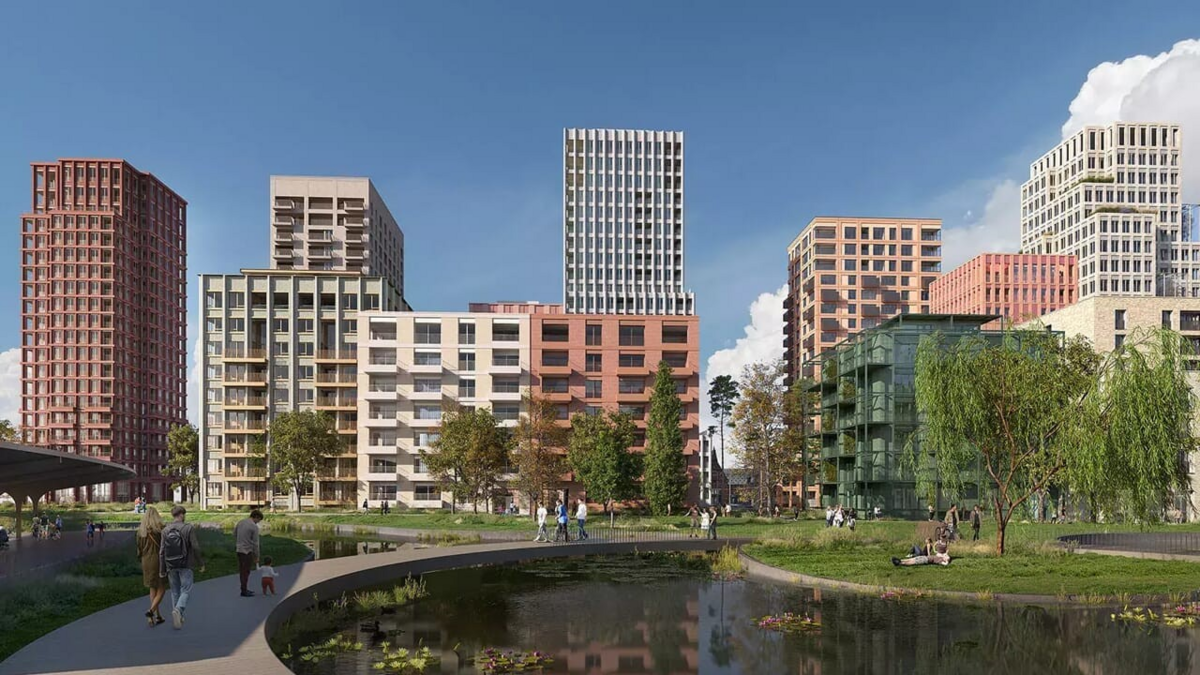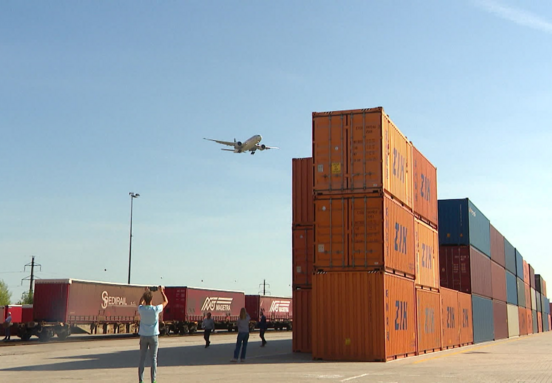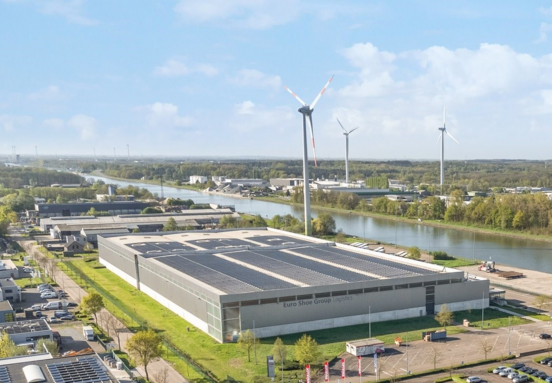Since the end of Kristiaan Borret's mandate in late August, Brussels has been without its Bouwmeester-Maître Architecte (BMA).
This critical vacancy is causing significant delays and legal uncertainty across the city's commercial real estate sector, particularly affecting new developments for office and warehouse space.
The Architect's absence: a critical halt
The Bouwmeester-Maître Architecte plays a pivotal role in Brussels' urban planning, with their mandatory opinion required for any major project exceeding 5,000 m². Without a BMA, 16 large construction projects are currently stalled, leaving developers and businesses in limbo.
While the urban.brussels administration continues to process and issue permits, their legal validity is uncertain without the BMA's essential input, making them vulnerable to contestation.
Key projects facing uncertainty
Among the affected projects are diverse developments that, directly or indirectly, influence the commercial property market.
These include student housing on the VUB campus in Jette, the future circular hub for BC Materials at Tour & Taxis (a prime area for logistics and innovative businesses), the reconversion of the former Atlas brewery in Anderlecht (potentially mixed-use, including commercial spaces), and new offices for SLRB on Avenue de la Toison d'Or.
The halt of such large-scale developments has a ripple effect on the overall supply of modern office and warehouse spaces in Brussels.
Legal challenges and political stalemate
The Bruxellois Code of Spatial Planning (CoBAT) explicitly mandates the BMA's opinion for significant public or private projects, plunging these current dossiers into an unprecedented legal void. The political landscape is further complicating matters, with disagreements, particularly from the MR party, blocking the appointment of a successor.
Faced with this deep legal uncertainty, some developers and architects are choosing to withdraw their applications and plan to re-submit them once a new BMA is finally in place, further extending project timelines.
Impact on Brussels commercial real estate market
For businesses seeking office or warehouse space to rent in Brussels, these delays could have significant implications:
Reduced new supply: The slowdown of these major construction projects means fewer new, modern office buildings and warehouse facilities will come onto the market as expected.
Increased competition: With new developments on hold, businesses might face increased competition for existing premium commercial properties, potentially affecting rental prices and availability.
Planning uncertainty: Companies planning to expand or relocate to new, purpose-built facilities in Brussels face unpredictable timelines and potential long waits.
Strategic delays: Businesses relying on adjacent infrastructure or services from these stalled projects may need to reassess their timelines and strategies for entering or growing in specific Brussels zones.
Navigating the uncertainty
In this evolving environment, it's crucial for businesses to stay informed about the Brussels property market. Considering the potential for prolonged delays in new construction, exploring existing, high-quality office and warehouse options might be a more stable strategy in the short to medium term.
Consulting with local real estate experts can provide valuable insights into current availability and help navigate the complexities of this challenging period for urban planning in Brussels.
Source: bruxellestoday.be







